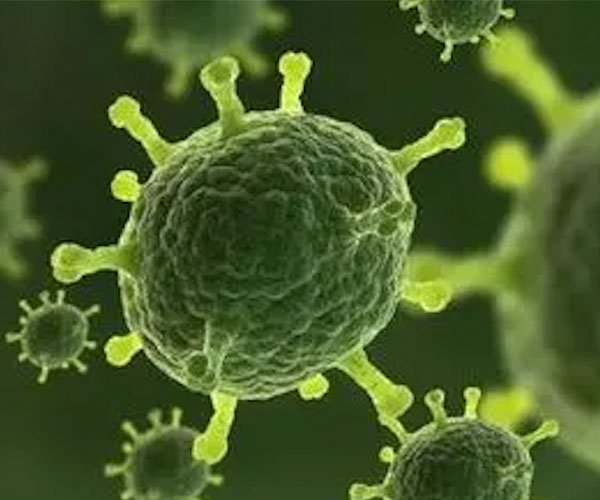Chitooligosaccharides (COS) are low-molecular-weight oligosaccharides derived from the degradation of chitosan, and they are the only amino oligosaccharides found in nature. With dual carbon-nitrogen nutritional properties, COS can alter soil microbial communities, inhibit plant pathogens, promote the growth of beneficial microorganisms, and enhance plant disease resistance and yield. These characteristics make COS highly valuable in fruit and vegetable cultivation.
This article summarizes the research and application of COS in disease control and growth promotion in fruits and vegetables, exploring its potential as a novel and efficient organic fertilizer.
Key Functions of Chitooligosaccharides
1. Enhancing Plant Resistance
COS improves the immune system of plants, boosting disease and stress resistance:
- Immune Induction: Stimulates the production of resistance-related factors and expression of antiviral genes, inhibiting pathogen infections.
- Experimental Evidence:
- Carrots treated with COS exhibited increased resistance to Sclerotinia sclerotiorum.
- Tomato leaves sprayed with 0.3% COS showed a 1.49-fold increase in antifungal substances and a 38% rise in methyl salicylate content.
- Strawberries treated with COS showed significant quality improvements, with increased sugar, protein, and antioxidant content.
2. Antibacterial and Antifungal Activity
Chitooligosaccharides directly inhibits plant pathogens:
- Mechanism: Prevents the reproduction of pathogenic microorganisms, induces plants to produce chitinase, and regulates gene expression and protein synthesis.
- Typical Applications:
- Effective against late blight in tomatoes and powdery mildew in cucumbers.
- Application of COS mixtures significantly reduced fungal and aphid infections in cucumbers.
- Antibacterial effects increase with higher concentrations and lower molecular weights.
3. Pest Control of Chitooligosaccharides
Chitooligosaccharides (COS) extends the effectiveness of pesticides and provides sustained release:
- COS extended the efficacy of beta-cypermethrin to one month and delayed the dissipation of DEET for an additional four hours.
4. Promoting Growth and Yield
COS enhances plant growth activity, improving fruit and vegetable quality and yield:
- Optimized Nutrient Uptake: Increases cellular activity, accelerating growth, flowering, and fruiting.
- Significant Yield Improvement:
- Increased yields in crops such as rapeseed and cucumbers by 10%-50%.
- COS-treated cucumbers showed significantly stronger growth and higher yields.
- Foliar application of COS on peanuts enhanced chlorophyll content, increased pod count per plant, and boosted total yield.
Application Prospects and Future Directions
As an immune inducer and growth promoter, COS shows great potential in fruit and vegetable cultivation:
- Disease Control: Effectively suppresses fungal, bacterial, and viral diseases, reducing pesticide use.
- Quality Enhancement: Improves the quality of fruits and vegetables, increasing antioxidant activity and nutrient content.
- Eco-Friendliness: Exhibits excellent biocompatibility, reduces fertilizer and pesticide residues, and improves soil health.
- Sustainable Agriculture: Supports the development of efficient, eco-friendly, and sustainable farming practices.
With further research and advances in COS formulation technologies, its applications in agricultural production will expand. It is particularly expected to become a key focus in the development of seedling substrates for fruit and vegetable cultivation.


